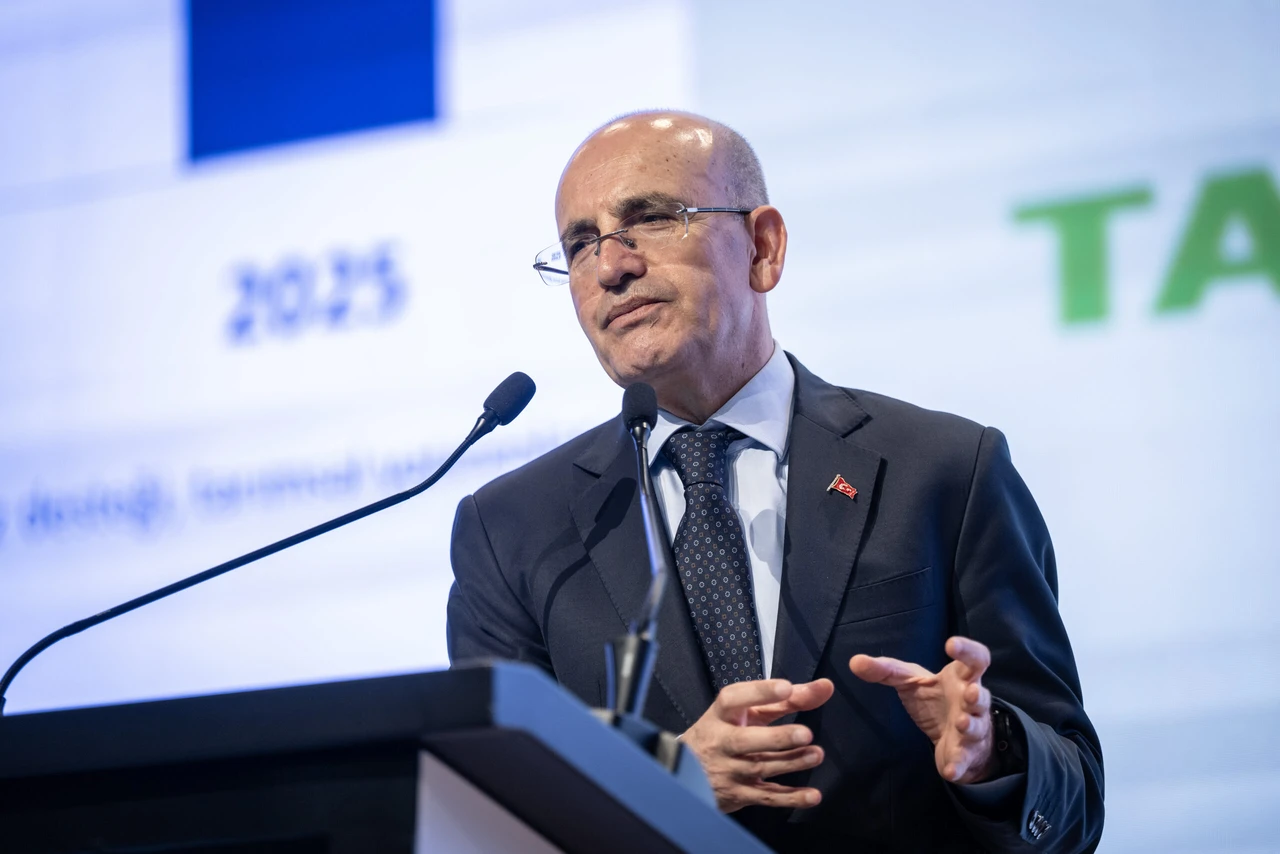Türkiye to become regional hub for hybrid vehicles
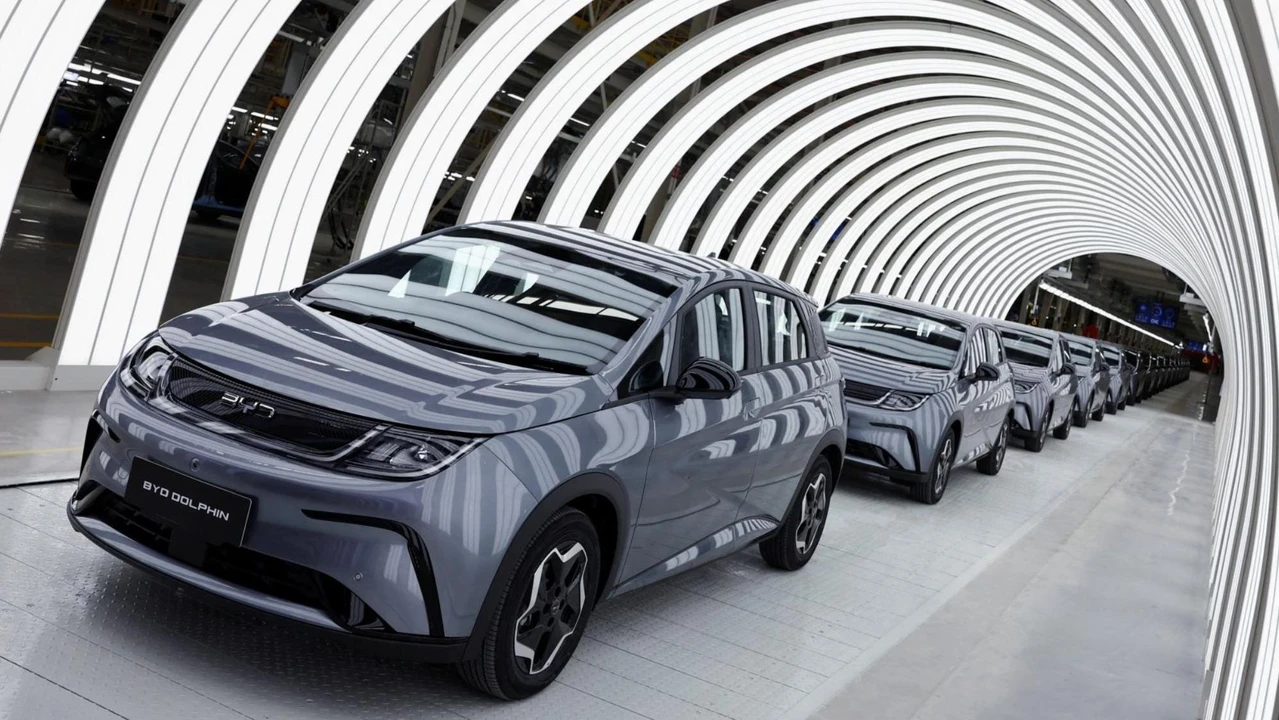 BYD's plant in Thailand is part of its expansion outside China. (Reuters Photo)
BYD's plant in Thailand is part of its expansion outside China. (Reuters Photo)
Türkiye is poised to become a regional center for hybrid and electric vehicle production, thanks to a new $1 billion investment from Chinese electric vehicle manufacturer BYD.
The deal, which includes the construction of a factory with an annual capacity of 150,000 vehicles, aligns with Türkiye’s ambitions to boost its competitiveness in the electric vehicle (EV) sector, according to Turkish Minister of Industry and Technology Fatih Kacir.
BYD’s investment to boost Türkiye’s EV competitiveness
Commenting on the deal, Minister Kacir emphasized the significant role the investment will play in advancing Türkiye’s automotive industry.
“This large-scale investment agreement with BYD, the world’s largest electric vehicle manufacturer, is a critical step for our automotive industry and the electric vehicle sector.” Kacir said, adding: “It strengthens Türkiye’s potential and competitiveness as a regional hub for next-generation electric and hybrid vehicles.”
Kacıir further highlighted that BYD’s presence in Türkiye would encourage other global brands to shift their production of value-added and electric vehicle models to Türkiye, thus promoting foreign investment, market growth, production, revenue, exports, R&D spending and employment.
The agreement also aligns with Türkiye’s goal of increasing the market share of electric vehicles to 35% by 2030.
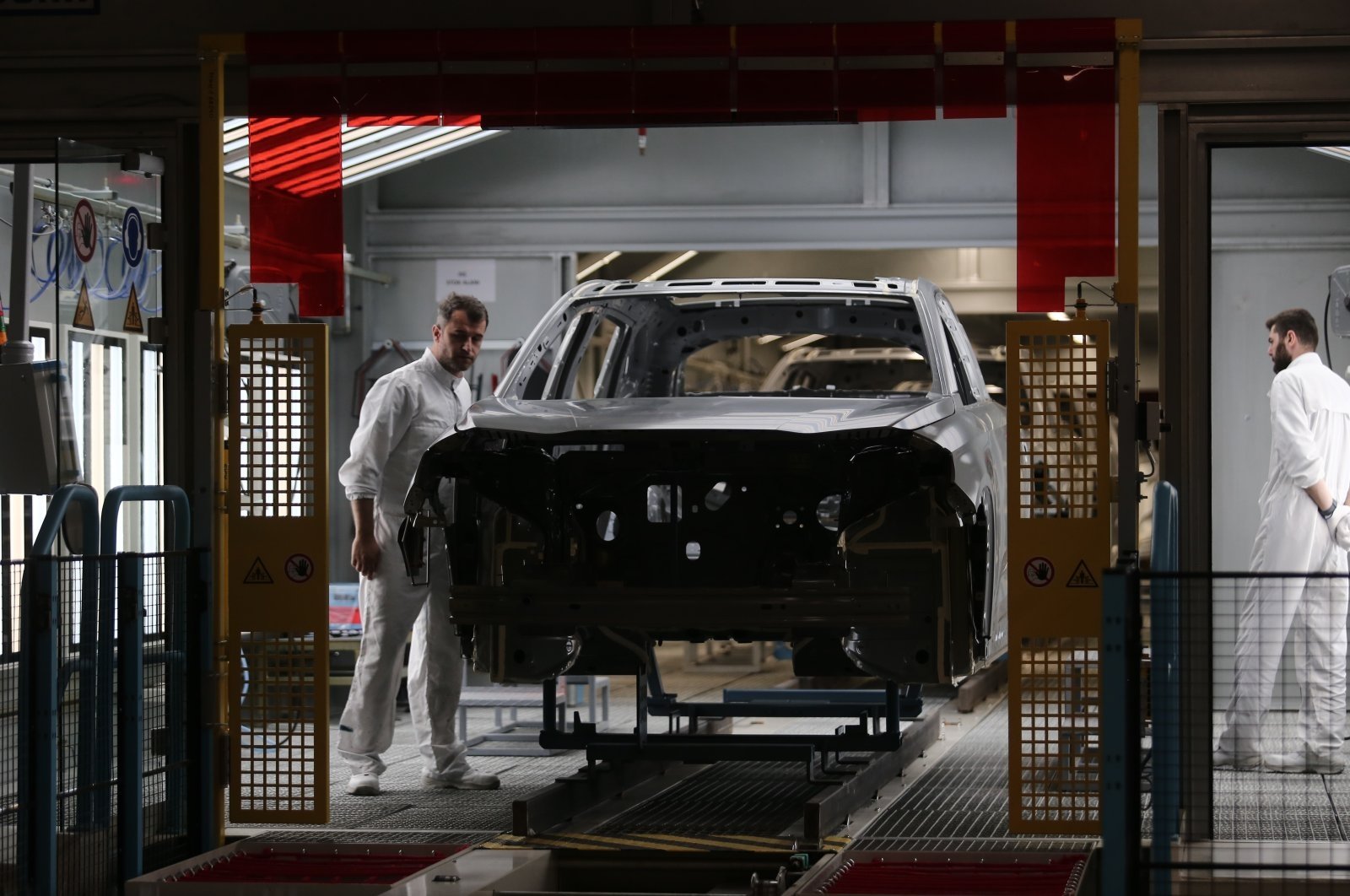
BYD’s investment no threat to Togg
Addressing concerns that BYD’s investment might negatively affect Türkiye’s domestic electric vehicle brand Togg, Kacir dismissed such claims.
“The investment will not only complement Togg but also contribute to Türkiye’s goal of becoming a regional automotive hub,” he stated.
Togg has already made a significant impact, with 34,000 units sold since its launch in May 2023.
Additionally, Kacir pointed out that Türkiye saw a 158% increase in electric vehicle sales in the first seven months of 2024, with 41,371 electric vehicles sold.
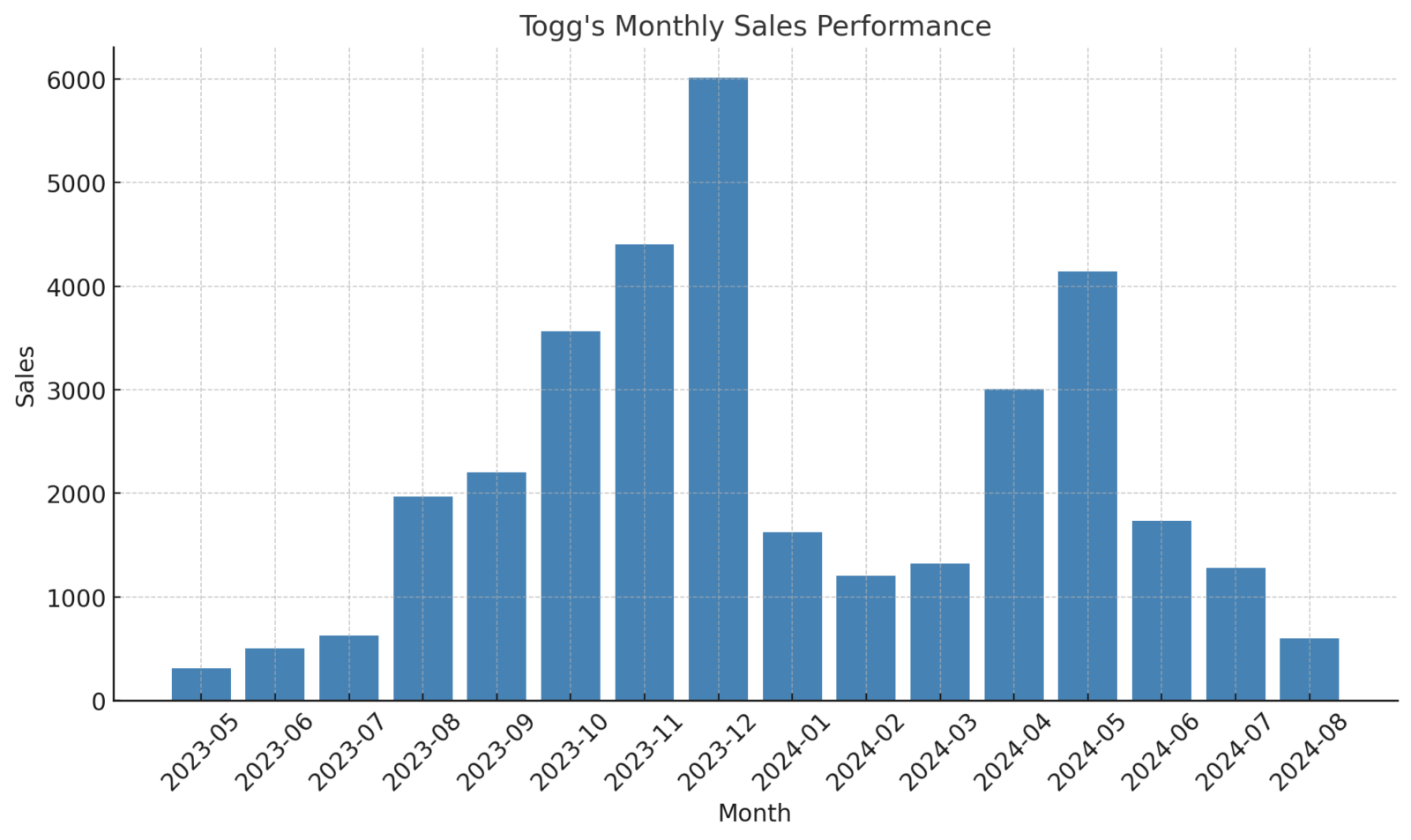
BYD to create jobs, contribute to export growth in Türkiye
With an expected annual production of 150,000 vehicles, BYD’s investment will account for approximately 15% of Türkiye’s automotive production.
The minister noted that the company will create 4,000 direct jobs and up to 25,000 indirect jobs, while the duty-free access to the EU market will help increase exports.
“BYD’s investment is expected to boost Türkiye’s competitiveness in the global electric vehicle market. The company’s advanced technologies and expertise will contribute to the technological transformation of local suppliers and help reduce production costs,” Kacir added.
Autonomous trucks, smart road technology in Türkiye
Meanwhile, Minister of Transport and Infrastructure Abdulkadir Uraloglu tested Ford Trucks’ autonomous truck equipped with Level-4 Highway Pilot technology, capable of performing critical driving behaviors such as lane keeping, speed adjustment, and stop-and-go maneuvers. The truck was tested on the Yavuz Sultan Selim Bridge and Northern Marmara Motorway.
Uraloglu stressed the importance of smart road infrastructure for the future of autonomous vehicles. “We are expanding the use of intelligent transportation systems to enhance travel efficiency, increase road safety, and improve energy efficiency, contributing to the national economy,” he stated.
Uraloglu also linked the growing interest in autonomous and electric vehicles to global trends, such as the EU’s 2053 Net Zero Emissions Target and the planned ban on gasoline and diesel vehicle sales by 2035.
“We are aligning our strategic goals with the 2053 Net Zero Emissions Target and the Paris Agreement, focusing on the development of autonomous driving systems and other innovations in line with current technological trends,” Uraloglu added.
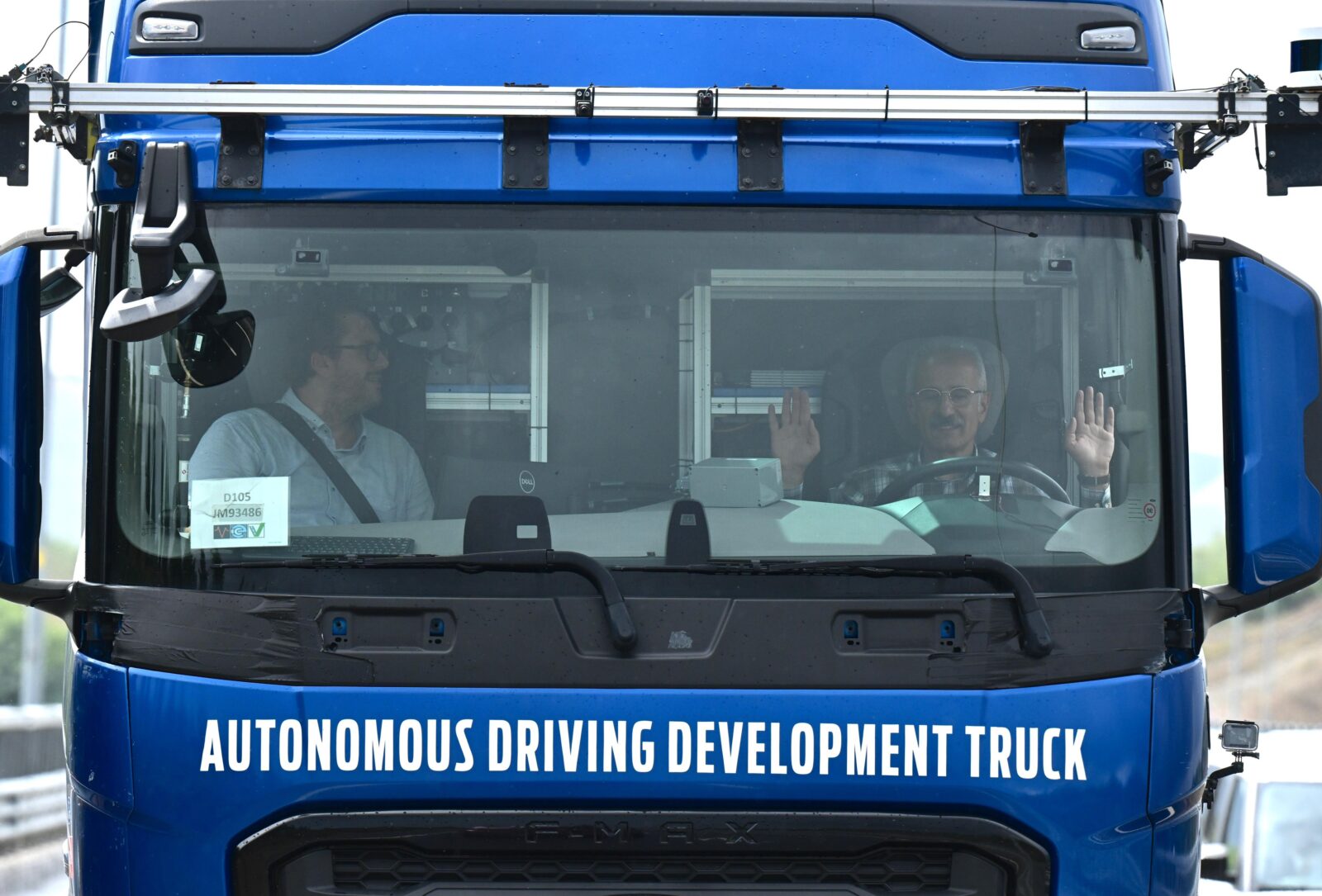
The Level-4 Highway Pilot technology in Ford Trucks is designed to reduce accidents caused by human error and improve fuel efficiency by up to 10%.
The technology is expected to address the shortage of commercial truck drivers and optimize logistics operations.
